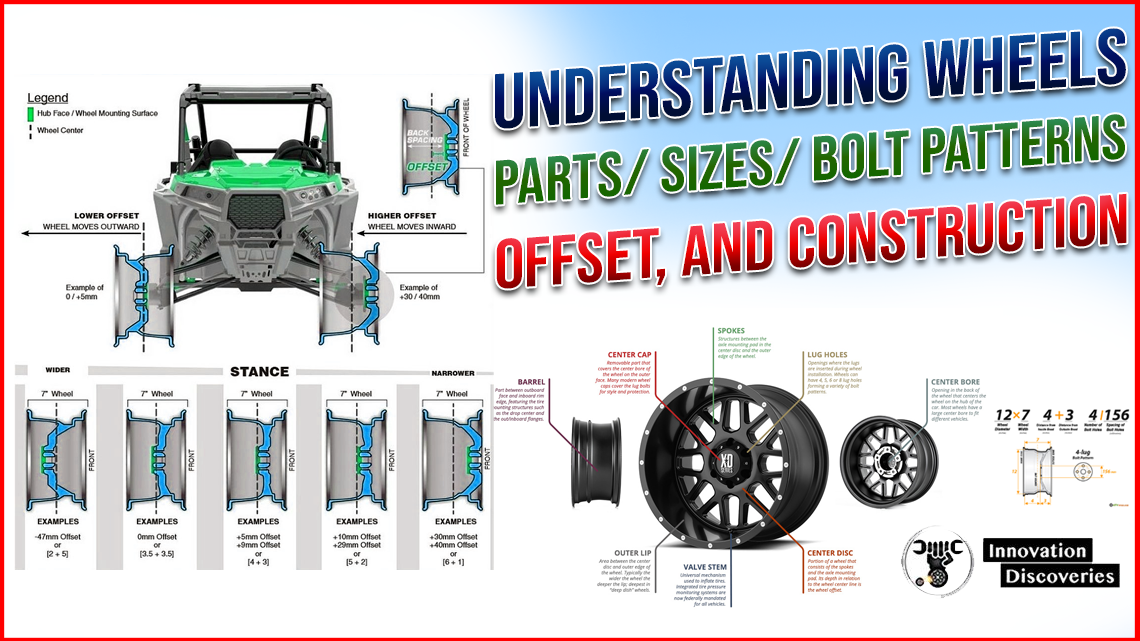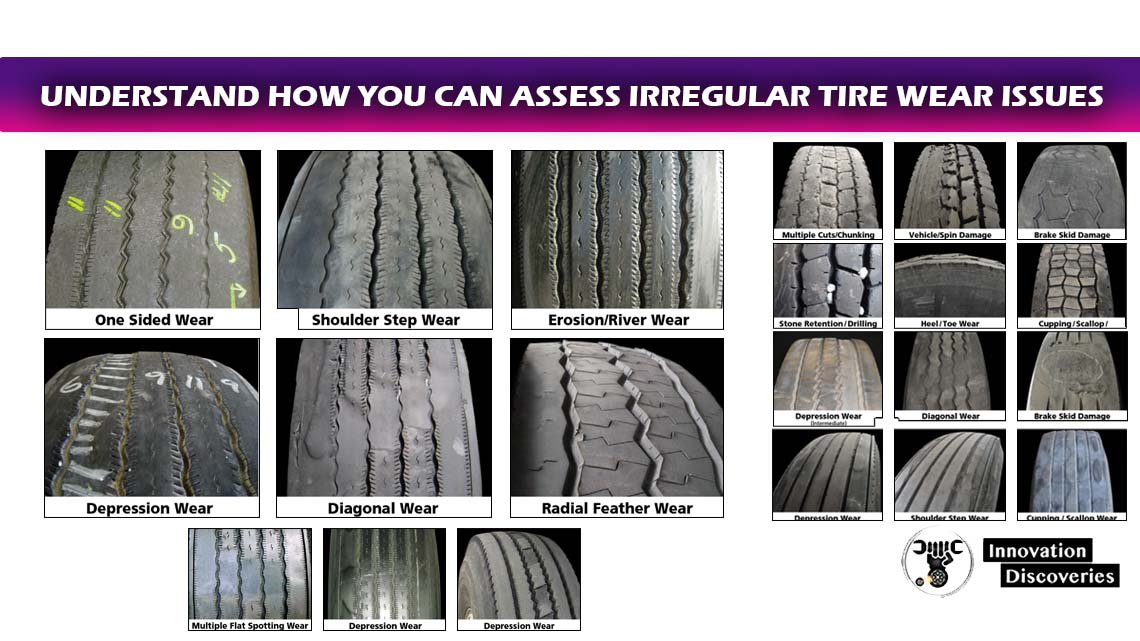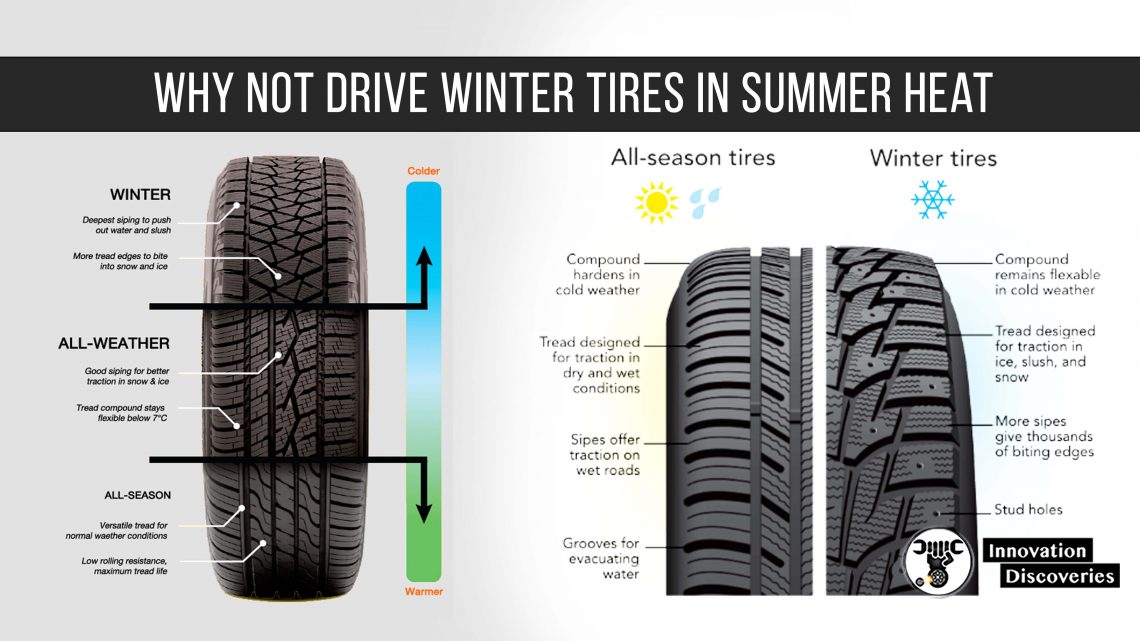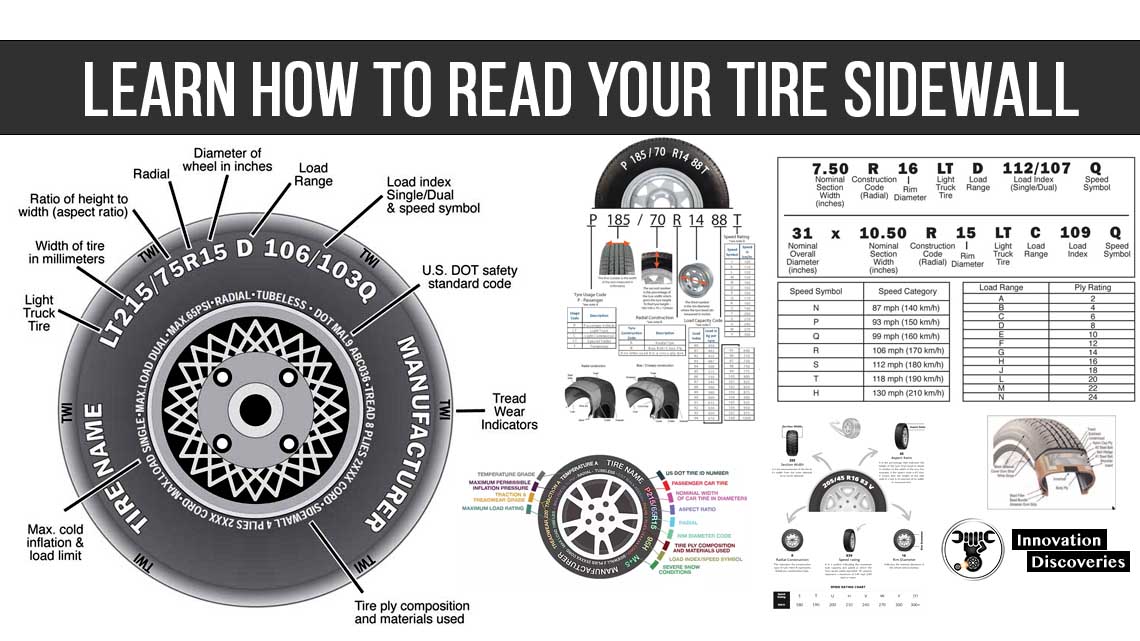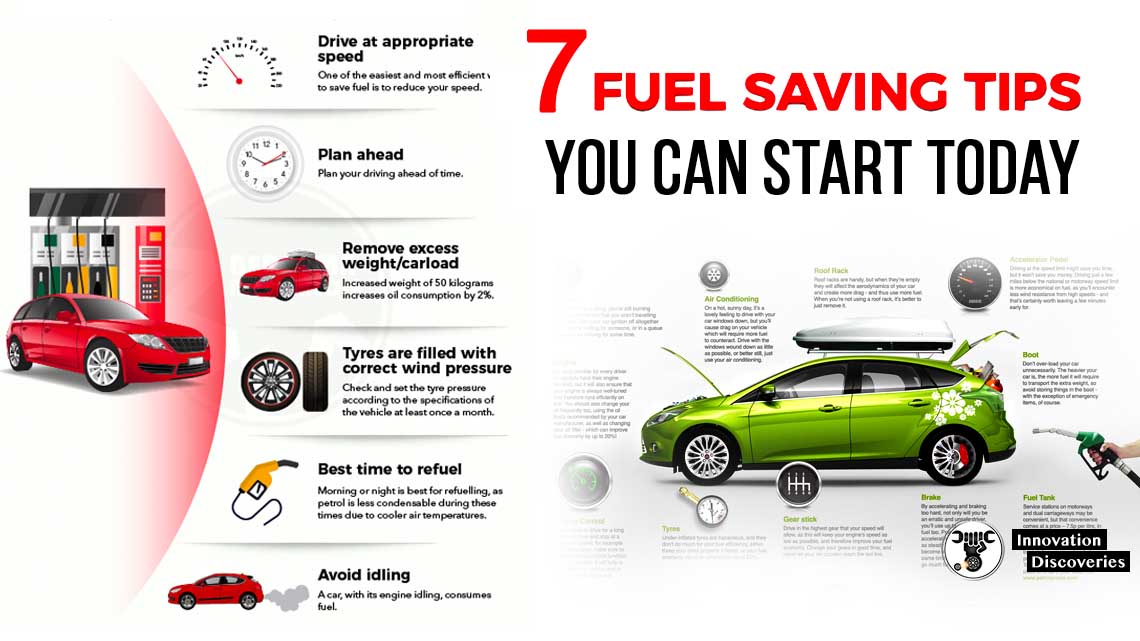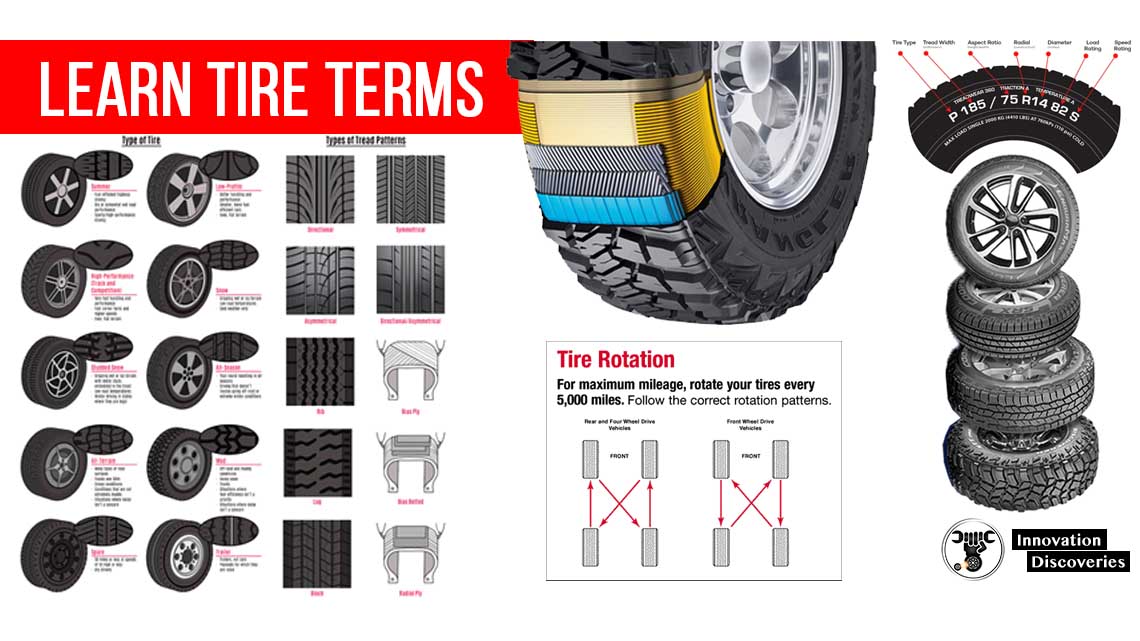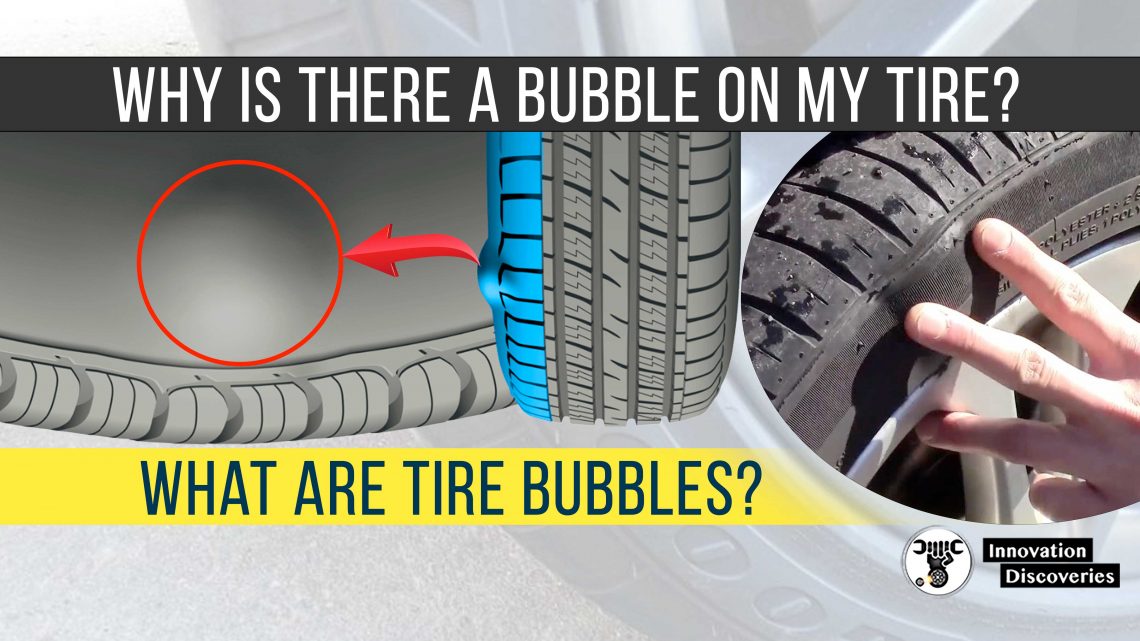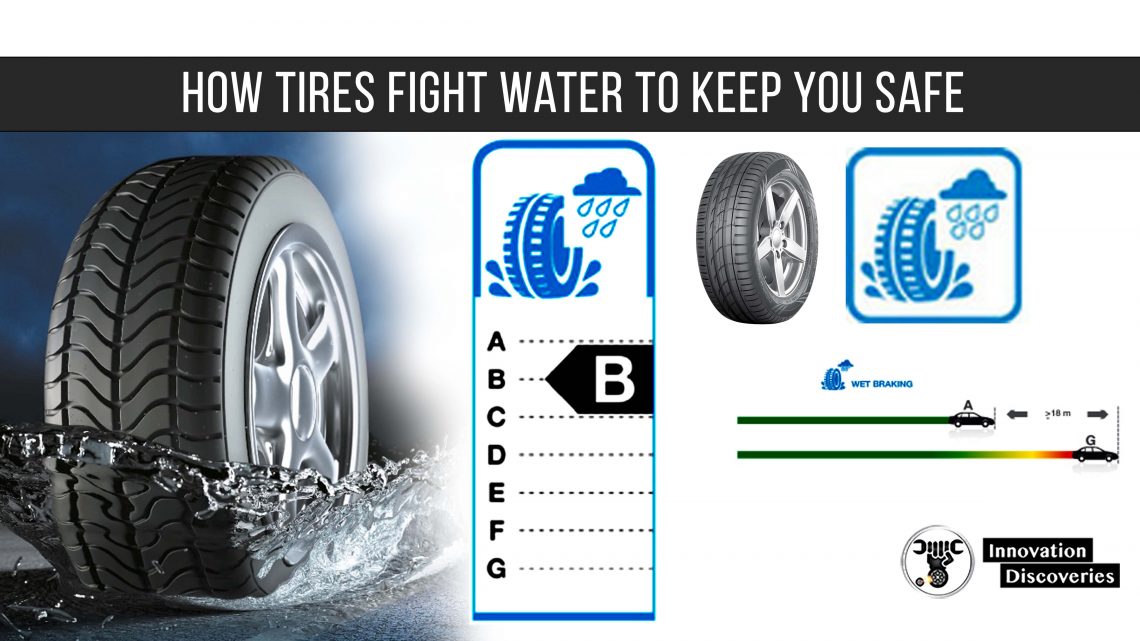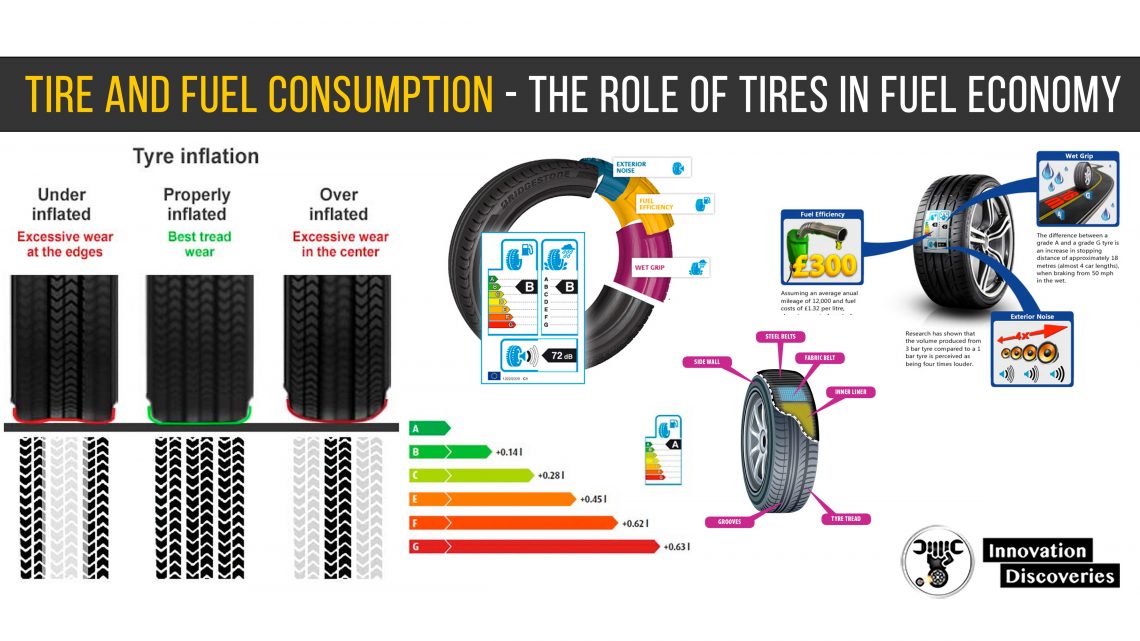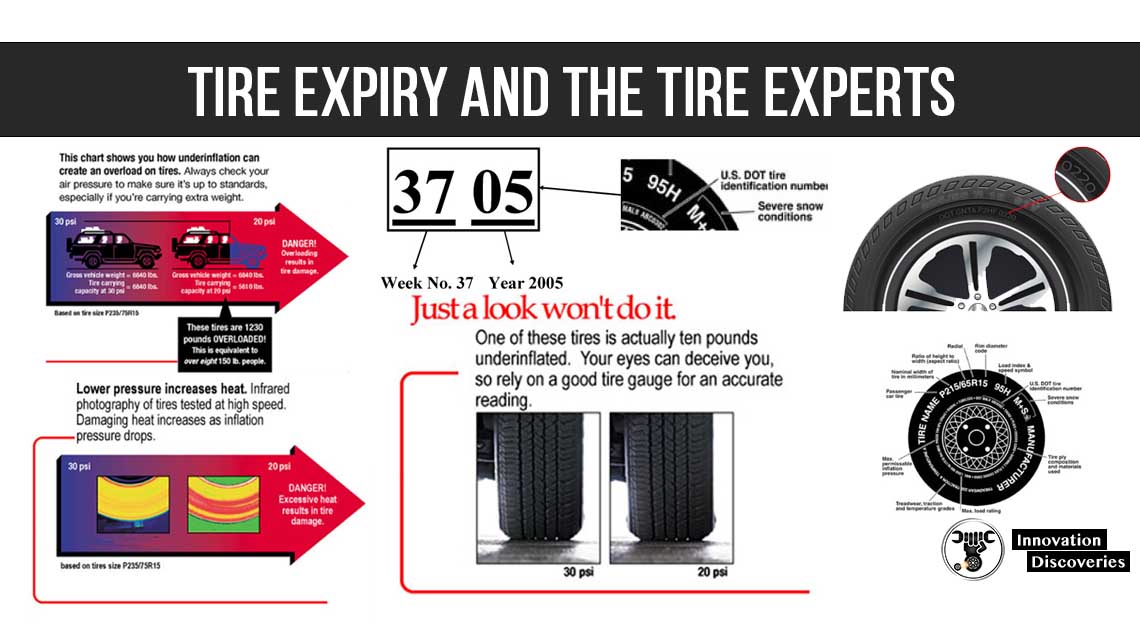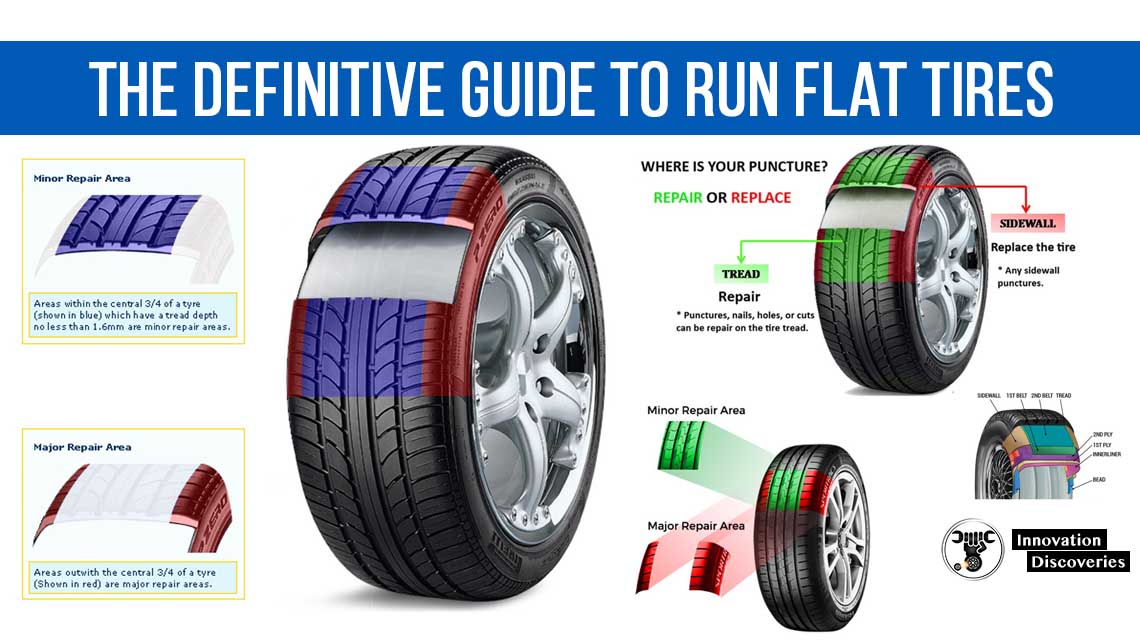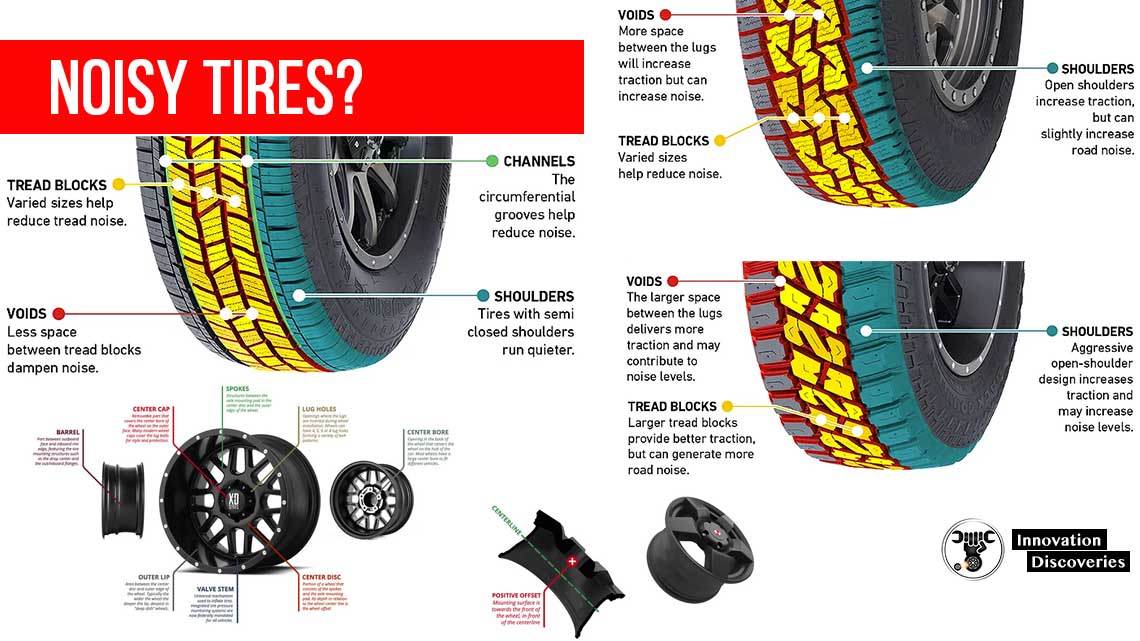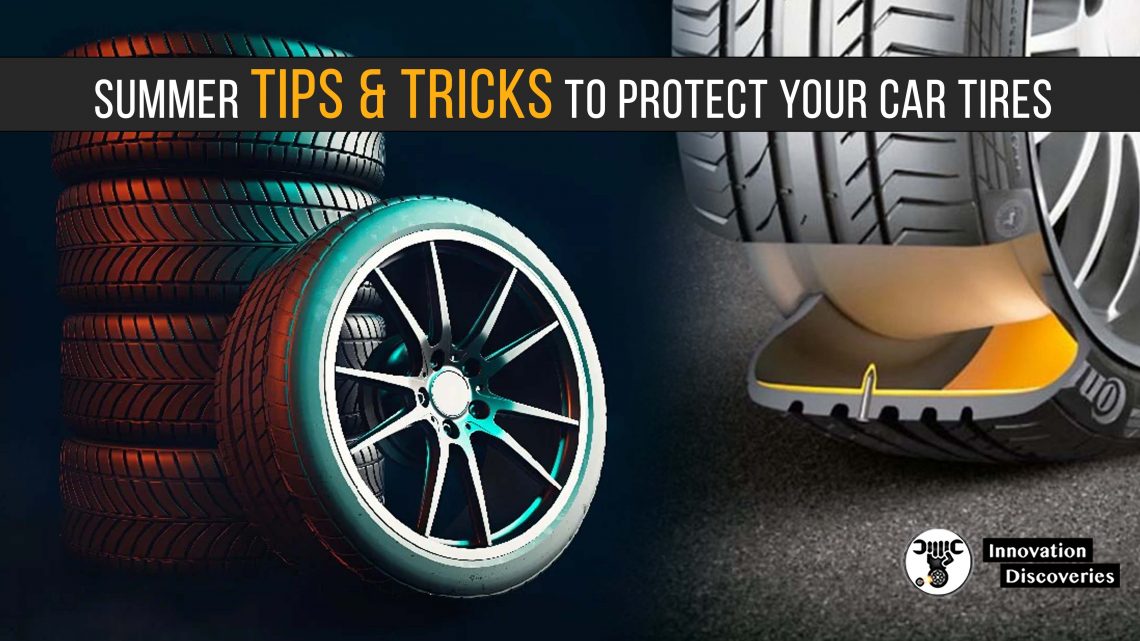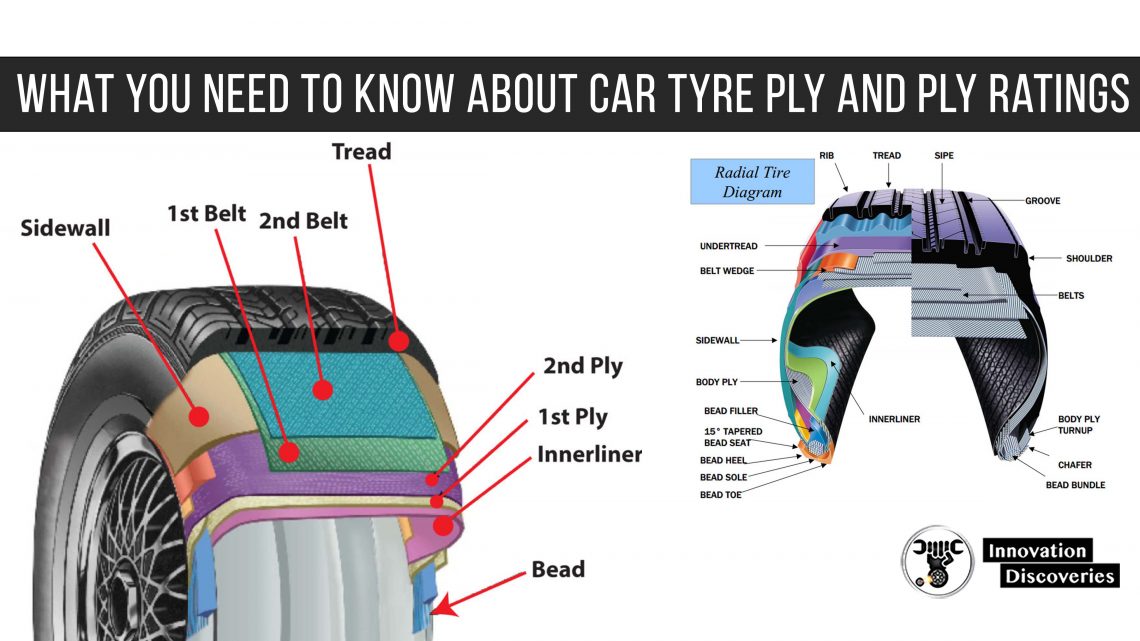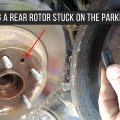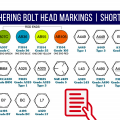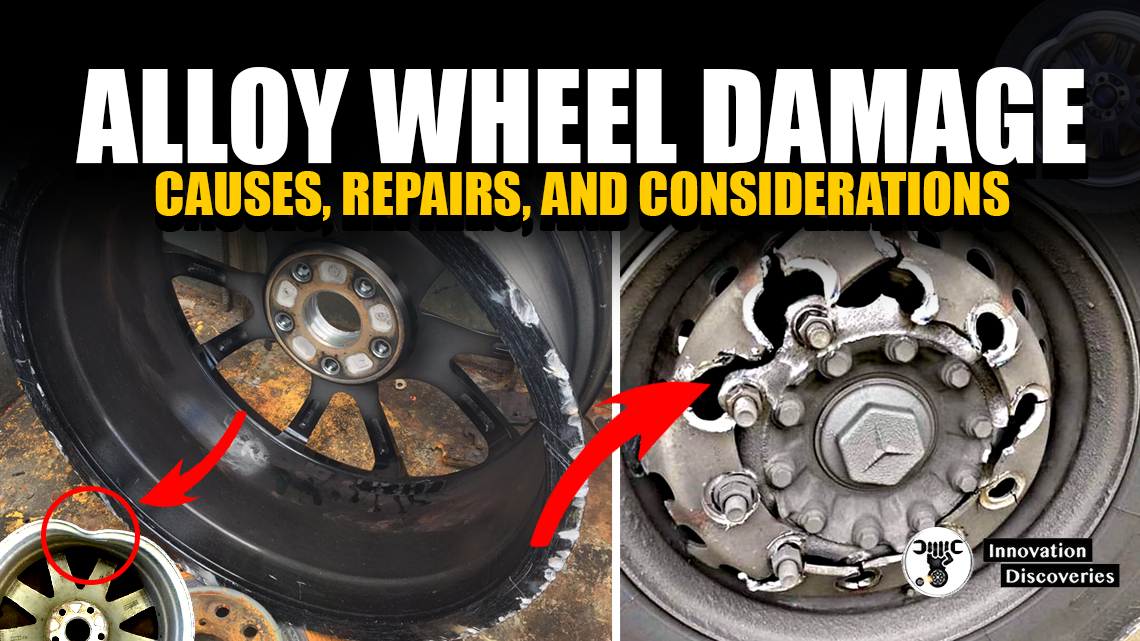
Introduction:
Alloy wheels are a popular choice for many vehicle owners due to their aesthetic appeal and lightweight construction. However, they are not immune to damage, which can occur due to various reasons.
In this article, we will explore common types of alloy wheel damage, discuss whether it is safe to drive with a damaged alloy, and provide guidance on repairing damaged alloy wheels.
How do alloy wheels get damaged?
Alloy wheels can sustain damage from a variety of sources, including:
Pot holes and road hazards:
Impact with potholes or hitting road debris can cause dents, cracks, or bends in alloy wheels.
Curbing:
Accidentally hitting a curb while parking or navigating tight spaces can result in scuffs, scratches, and kerbed alloys.
Accidents and collisions:
High-impact collisions can cause severe damage to alloy wheels, including cracks and structural deformations.
Corrosion and rust:
Exposure to harsh weather conditions, road salt, and chemicals can lead to corrosion and rust formation on alloy wheels.
Can you drive with a damaged alloy?
While it is possible to drive with a damaged alloy, it is not recommended. A damaged wheel can compromise your vehicle’s performance, stability, and safety. It may affect the tire’s seal, cause vibrations, and impact the overall handling of your car. Therefore, it is advisable to address any alloy wheel damage promptly.
4 Types of Alloy Wheel Damage:
a) Dented or Bent Alloy Wheel:
This type of damage is typically caused by hitting a pothole, road debris, or a curb. A dented or bent wheel can affect tire balance and lead to vibrations while driving.
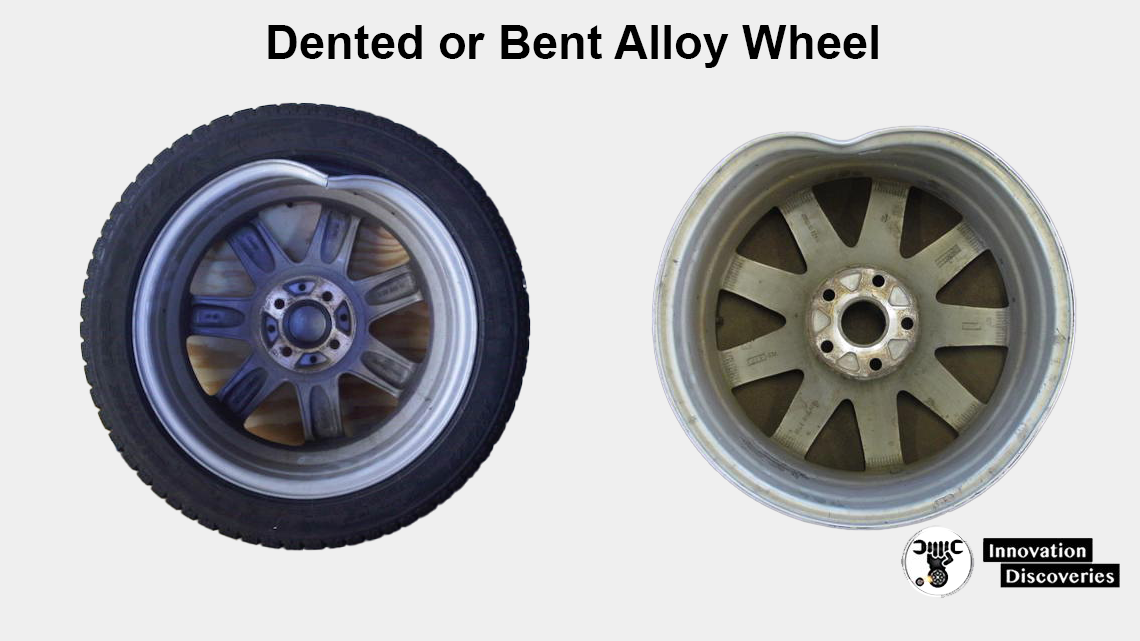
b) Cracked Alloy:
Cracks can occur due to high-impact collisions or when a wheel undergoes significant stress. Cracked alloys can compromise the structural integrity of the wheel and should be addressed immediately.
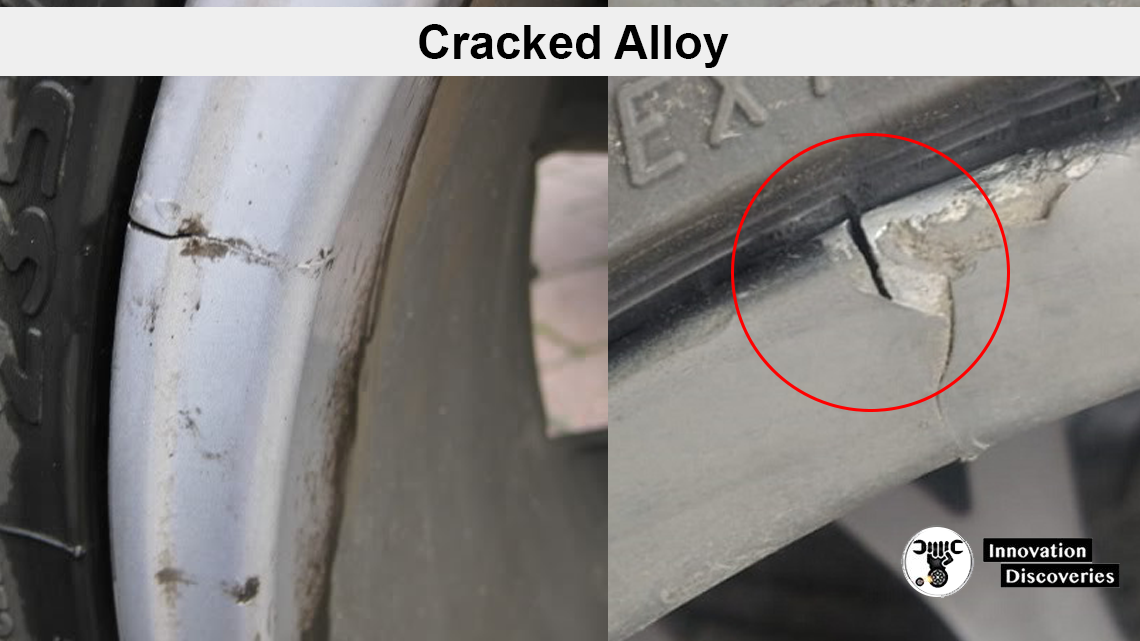
c) Kerbed Alloy:
Kerbing damage occurs when the wheel rubs against a curb, resulting in scuffs, scratches, and sometimes chunks of alloy being scraped off. While kerbed alloys may not affect functionality, they can significantly impact the wheel’s appearance.
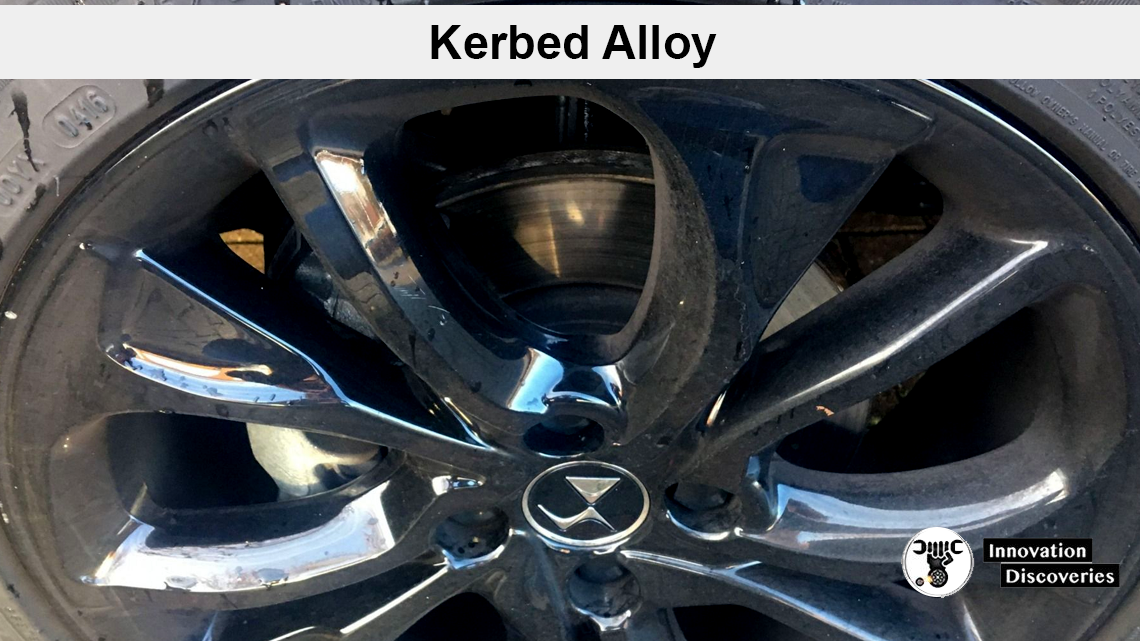
d) Rusted Alloy:
Exposure to moisture, road salt, and corrosive substances can cause alloy wheels to rust over time. Rust can weaken the wheel and potentially lead to structural failure.
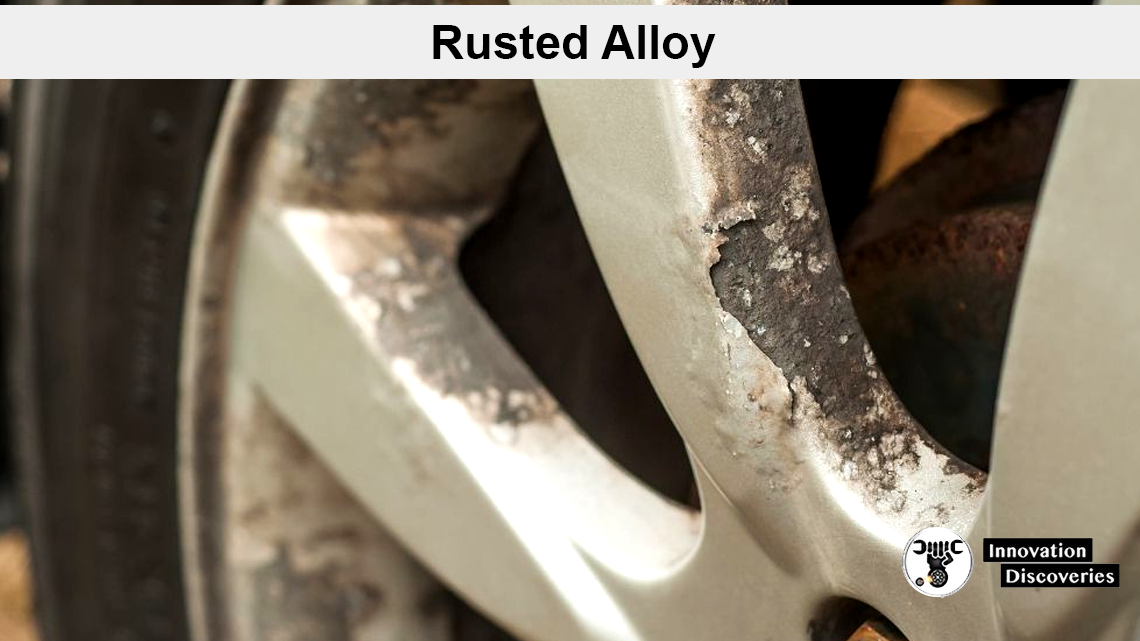
Can broken alloy rims be repaired?
In many cases, damaged alloy rims can be repaired. However, the extent of the damage and the expertise of the repair professional will determine whether a repair is feasible.
Minor dents, bends, and kerbed alloys can often be repaired successfully, while severe cracks or structural damage may require wheel replacement.
How to Repair Alloy Wheel Damage:
The process of repairing alloy wheel damage may involve the following steps:
a) Assessment:
A professional wheel repair technician will evaluate the extent of the damage to determine if repair is possible.
b) Straightening and Welding:
Dented or bent wheels can be straightened using specialized machinery, while cracks can be welded and reinforced.
c) Refinishing:
Kerbed alloys or wheels with scratches can be refinished through processes such as sanding, polishing, and repainting.
d) Rust Removal:
If rust is present, it needs to be properly treated and removed to prevent further corrosion.
e) Balancing and Alignment:
After the repair, the wheel should be balanced and aligned to ensure proper performance.
How many times can you repair alloy wheels?
The number of times an alloy wheel can be repaired depends on the severity and nature of the damage. Minor repairs can often be performed multiple times without compromising the wheel’s integrity. However, there is a limit to how many repairs can be done
Conclusion:
When faced with damaged alloy wheels, it is crucial to take appropriate action to ensure your vehicle’s performance, safety, and aesthetics. Understanding the causes of alloy wheel damage, such as potholes, curbs, accidents, and rust, can help you prevent future issues. While it may be tempting to drive with a damaged alloy, it is not advisable due to potential adverse effects on your vehicle’s handling and stability.
The four common types of alloy wheel damage, including dented or bent wheels, cracked alloys, kerbed alloys, and rusted wheels, require different repair approaches. Fortunately, many alloy wheel damages can be successfully repaired, depending on the extent and nature of the damage.
Professional wheel repair technicians can assess the damage, perform necessary repairs such as straightening, welding, refinishing, and rust removal, and ensure proper balancing and alignment.
However, it is important to note that severe damage may necessitate wheel replacement. The number of times an alloy wheel can be repaired depends on the severity and nature of the damage.
Minor repairs can often be performed multiple times, but there is a limit to how many repairs can be done.
When deciding whether to repair or replace alloy wheels, consider the cost of repair, the extent of the damage, and the overall condition of the wheels.
In many cases, it is worth repairing alloys, especially when the damage is minor or repairable, as it offers a cost-effective solution compared to wheel replacement.
Taking prompt action to address alloy wheel damage is essential. By repairing damaged alloy wheels, you can maintain optimal vehicle performance, ensure safety on the road, and restore the visual appeal of your vehicle.
Remember to consult a professional wheel repair service to assess and address any alloy wheel damage, as they have the expertise and tools necessary to provide the best possible repair solutions.
DISCOVER MORE:
Visit Forum
Visit Our Friendly Website


